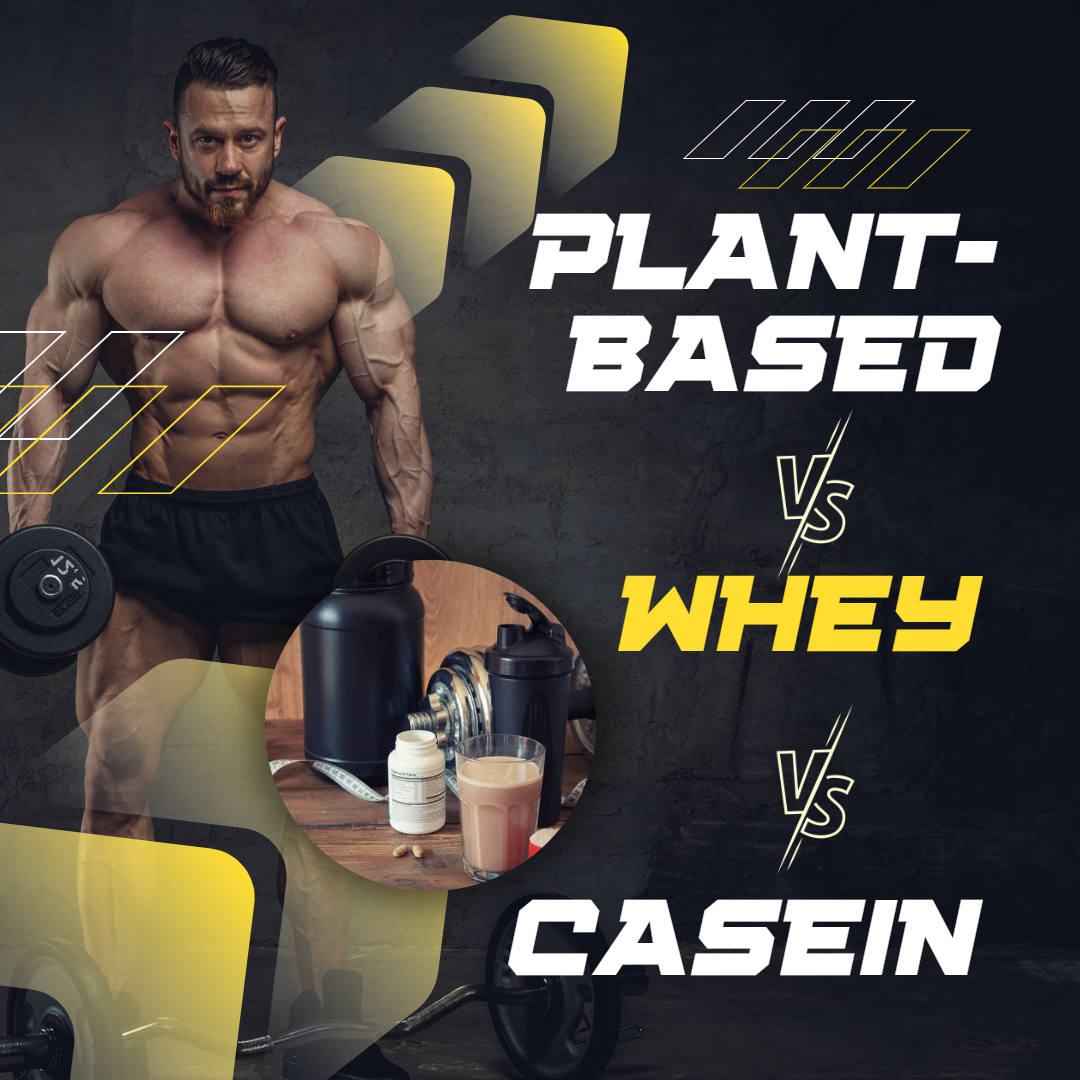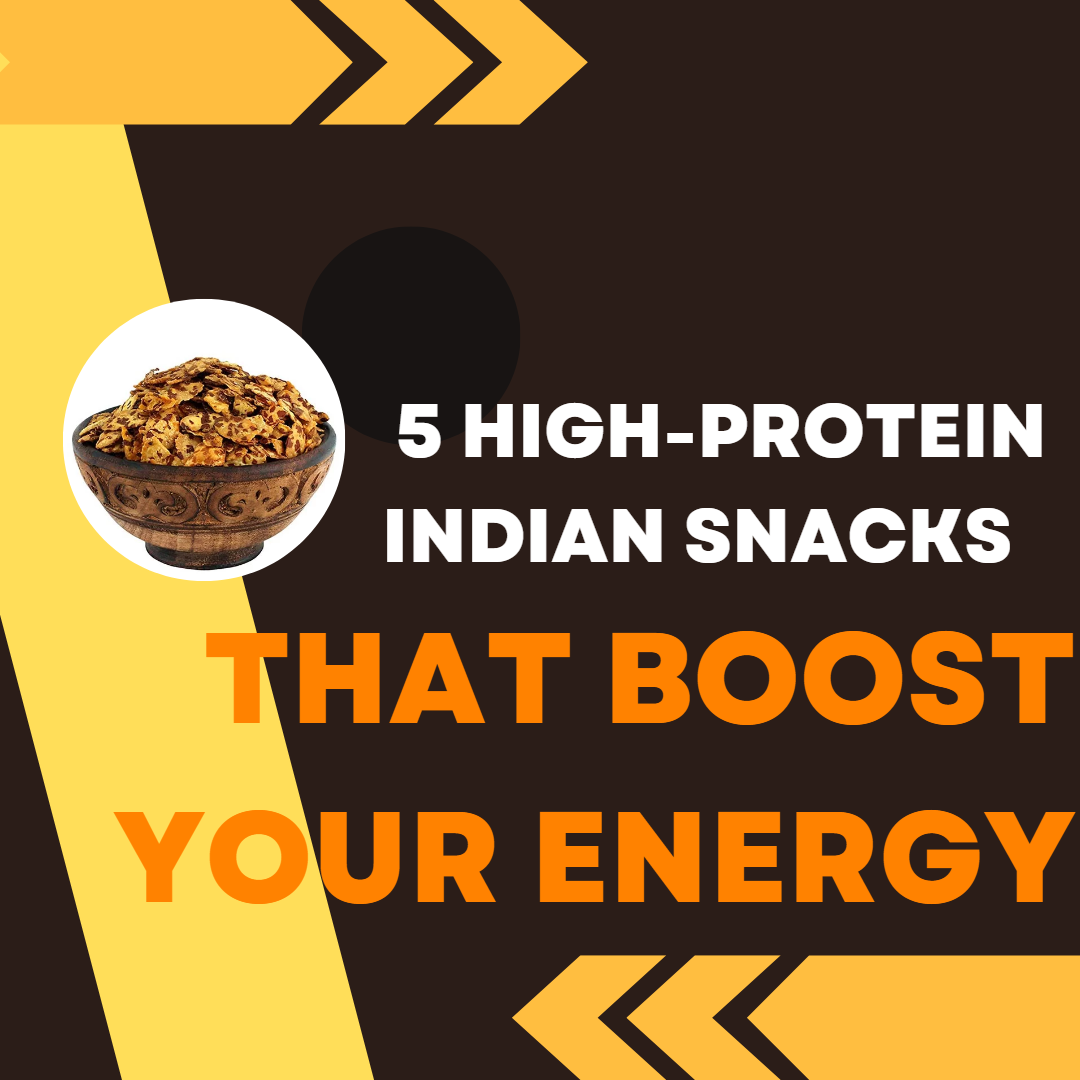
Plant-Based Protein vs. Whey vs. Casein- Unveiling the Ultimate Nutritional Battle
Are you in a dilemma about which protein to pick? Look no further as we dive into the world of protein types. Protein plays a vital role in building, repairing, and maintaining muscles in the body. The three most commonly known protein types are; Plant-Based Protein vs. Whey vs. Casein. Each type has its own set of benefits and drawbacks. The type of protein you pick depends on your fitness goals, digestion rate, taste, and budget. It is essential to meet your daily protein requirements to achieve optimal fitness goals. Stay tuned to learn more about the types of proteins and their significant advantages.
Plant-Based Protein
Plant-based protein has gained popularity in recent years, and it’s no surprise why. With a variety of options like lentils, chickpeas, and soybeans, it’s easy to get your daily dose. Not to mention, it’s a great choice for those who follow a vegetarian or vegan diet. The benefits of plant-based protein include a lower risk of heart disease and reduced inflammation in the body.
Who should use plant-based protein?
Well, anyone really! It’s a great option for athletes and fitness enthusiasts as it aids in muscle recovery and growth. But even if you’re not super active, getting enough protein is important for maintaining a healthy body. Plus, switching to plant-based meals a few times a week can help reduce your carbon footprint. So next time you’re meal prepping or ordering in, don’t forget to add some plant-based protein to your plate. Your body (and the environment) will thank you!
Whey Protein
Ah, the infamous whey protein. You’ve probably heard gym-goers talking about it like it’s a miracle worker. But what is it, really? Well, whey protein is a byproduct of milk when it’s being turned into cheese. Yup, you read that right. Cheese. So, in essence, whey protein is a fancy cheese powder. But don’t be fooled by its origins.
Whey protein is a powerhouse when it comes to fitness. It helps build and repair muscles, aids in weight loss and even decreases hunger levels. Plus, it’s easily digestible, making it perfect for post-workout recovery. Plus, it’s a convenient source of protein when you’re on the go.
Who should use whey protein, you ask? Well, anyone really. It’s especially great for those who are looking to add more protein to their diet, build lean muscle mass, or even just replace a snack. However, if you’re lactose intolerant, you may want to avoid it or opt for a lactose-free option. So, if you’re looking to up your protein intake, give whey protein a try. But be warned, it may have you craving cheese.
Casein Protein
So, you’re curious about the famous casein protein, huh? Well, let’s dive in and see what this buzzy protein is all about. Casein protein is sourced from milk and is also commonly referred to as “slow-release protein.” It’s slow to digest, which makes it perfect to consume before bedtime to give your body a steady stream of amino acids while you sleep.
Apart from aiding in muscle recovery, casein protein has been shown to keep you feeling fuller for longer, which can be an excellent addition to your weight loss journey. Now, who should use casein protein, you ask? Anyone who wants to supplement their diet with an excellent source of protein can benefit from casein protein. But if you’re looking for a quick source of protein after your workout, I would suggest opting for whey protein instead. Overall, casein protein can be a great addition to your diet, especially if you’re looking to keep your body fueled with protein for an extended period.
Comparing Plant-Based Protein vs. Whey vs. Casein
Nutritional value.
Plant-based protein is a great option for those who are looking for a complete protein source that also contains fiber and important vitamins and minerals. On the other hand, whey protein is known for its high levels of essential amino acids and fast absorption rate while casein protein is great for slower absorption and sustained energy throughout the day.
Taste And Texture.
Plant-based protein may not have the same creamy texture as whey or casein but can still be delicious when mixed with the right ingredients. Whey protein is known for its creamy and smooth texture while casein protein is slightly thicker and more filling.
Digestion rate.
Plant-based protein tends to digest slower than whey protein, providing a more sustained energy source over time. Whey protein is absorbed quickly by the body, making it an ideal choice for post-workout recovery. Casein protein is the slowest-digesting protein and is often consumed before bed to help fuel muscle recovery and growth overnight.
Price Between Plant-Based Protein vs. Whey vs. Casein
Plant-based protein can be a more affordable option than whey or casein protein, but this can vary depending on the brand and quality. Whey protein is often the most expensive due to its high-quality protein content, while casein protein falls somewhere in the middle in terms of price. Ultimately, the best protein option for you will depend on your fitness goals, taste preferences, and digestive system. It’s best to consult with a specialist before making any major changes to your diet or supplement regimen. But, no matter what protein you choose, make sure you enjoy it and it fits into your lifestyle.
Also, read ✔️ Whey Protein vs. Casein Protein: The Big Question?
How to Choose the Best Protein between Plant-Based Protein vs. Whey vs. Casein
When it comes to choosing the best protein option for you, there are a few key points to keep in mind. First, identify your fitness goals. Are you looking to build muscle mass, lose weight, or maintain your current physique? Different protein types may be more beneficial for certain goals.
Second, consider your digestive system. Some people may have trouble digesting certain types of protein, such as dairy-based whey and casein. Plant-based proteins, on the other hand, tend to be easier on the stomach for many people.
Third, pick a protein option based on taste and lifestyle. After all, you’ll be more likely to stick to a protein supplement that tastes good and fits into your daily routine.
Finally, consult with a specialist if you’re unsure which protein supplement is best for you. A nutritionist or personal trainer can help you evaluate your unique needs and determine the best protein option to help you achieve your fitness goals. Remember, there’s no one-size-fits-all approach to protein intake. Take the time to evaluate your options and choose the best fit for you amongst Plant-Based Protein vs. Whey vs. Casein
FAQ For Plant-Based Protein vs. Whey vs. Casein
Conclusion of Plant-Based Protein vs. Whey vs. Casein
So, after all this information, what’s the conclusion? Pick the protein powder that best suits your needs, tastes good, and fits your budget. If you’re lactose intolerant or vegan, go for plant-based protein options. If you’re looking for a quick source of protein to drink post-workout, grab a whey protein shake. If you’re looking for a protein supplement that will slowly release over a long period of time, you might benefit from casein. Regardless of Plant-Based Protein vs. Whey vs. Casein, your choice is most important, always consult with a specialist before changing your diet. Happy sipping!
- Where to Find the Best Plum Cake in Bangalore for Christmas & New Year - November 23, 2025
- Water Intake Calculator: Everything You Need to Know - September 7, 2024
- 5 Weight Gain Drink Recipes for Healthy Bulking - March 29, 2024









